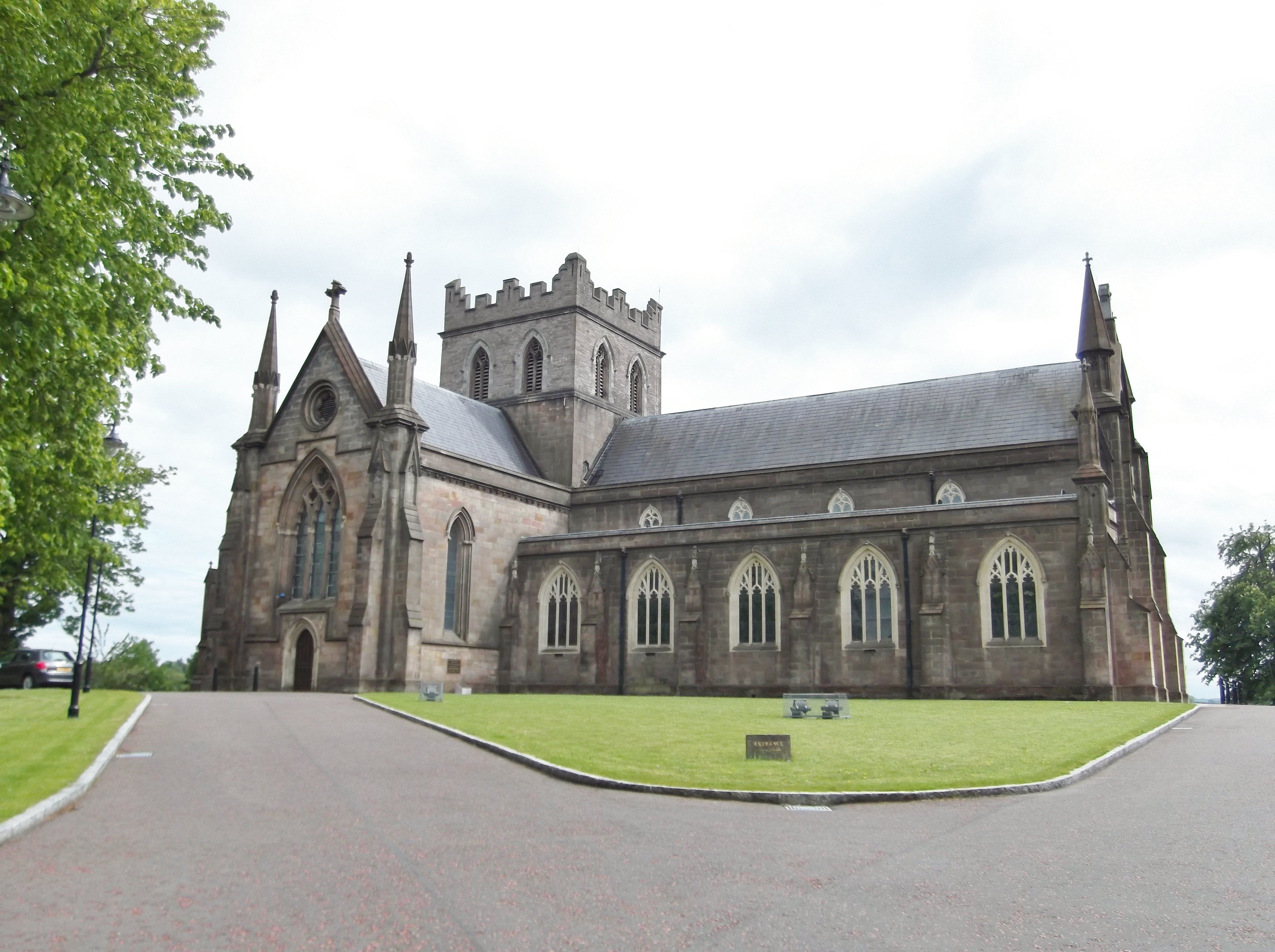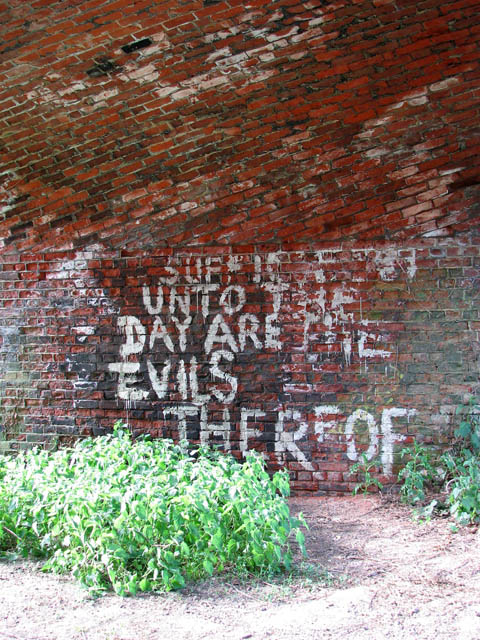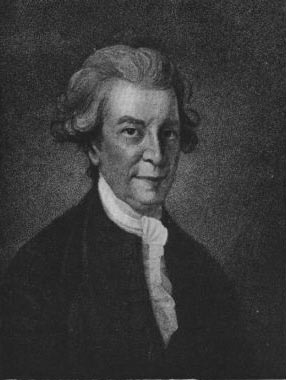|
Thomas Sheridan (divine)
Thomas Sheridan (1687 – 10 October 1738) was an Anglican divine, essayist, playwright, poet, schoolmaster and translator. He is chiefly remembered for his friendship with Jonathan Swift. Family and early career He was born in Cavan, Ireland, the son of James Sheridan, and grandson of The Reverend Dennis Sheridan. Two of his uncles were Church of Ireland prelates: The Rt Rev. William Sheridan, Bishop of Kilmore and Ardagh, and The Rt Rev. Patrick Sheridan, Bishop of Cloyne. After graduating from Trinity College, Dublin, he married Elizabeth MacFadden and the couple first lived in Dublin in King James's Mint. He inherited from his father-in-law a substantial property at Quilca, near Mullagh, in County Cavan. He ran a school in Capel Street, Dublin, in the 1720s, whose pupils included children of many prominent families such as Anthony Foster, the future Chief Baron of the Irish Exchequer, and Philip Tisdall, the future Attorney General for Ireland. The school shut in t ... [...More Info...] [...Related Items...] OR: [Wikipedia] [Google] [Baidu] |
Anglicanism
Anglicanism is a Western Christian tradition that has developed from the practices, liturgy, and identity of the Church of England following the English Reformation, in the context of the Protestant Reformation in Europe. It is one of the largest branches of Christianity, with around 110 million adherents worldwide . Adherents of Anglicanism are called ''Anglicans''; they are also called ''Episcopalians'' in some countries. The majority of Anglicans are members of national or regional ecclesiastical provinces of the international Anglican Communion, which forms the third-largest Christian communion in the world, after the Roman Catholic Church and the Eastern Orthodox Church. These provinces are in full communion with the See of Canterbury and thus with the Archbishop of Canterbury, whom the communion refers to as its ''primus inter pares'' (Latin, 'first among equals'). The Archbishop calls the decennial Lambeth Conference, chairs the meeting of primates, and is th ... [...More Info...] [...Related Items...] OR: [Wikipedia] [Google] [Baidu] |
Anthony Foster
Anthony Foster (1705 – April 1779), of Collon, County Louth, was an Anglo-Irish politician and judge. He was the eldest son of John Foster, MP for Dunleer, and his wife Elizabeth Fortescue, youngest daughter of William Fortescue of Newrath, who was a member of the Fortescue family which later held the title Earl of Clermont. The Fosters had come to Ireland from Cumberland in the previous century and had acquired lands and political influence in Louth. He was Chief Baron of the Irish Exchequer 1766-1777. Prior to his appointment to the Bench, he represented the family constituency of Dunleer in the Irish House of Commons from 1738 to 1761 and subsequently Louth from 1761 to 1767.Ball, F. Elrington ''The Judges in Ireland 1221-1921'' John Murray London 1926 Vol.2 p.213 Career He attended the school in Dublin run by Thomas Sheridan, the friend of Jonathan Swift and grandfather of Richard Brinsley Sheridan.Ball p.214 He matriculated from the University of Dublin in 172 ... [...More Info...] [...Related Items...] OR: [Wikipedia] [Google] [Baidu] |
Thomas Sheridan (divine)
Thomas Sheridan (1687 – 10 October 1738) was an Anglican divine, essayist, playwright, poet, schoolmaster and translator. He is chiefly remembered for his friendship with Jonathan Swift. Family and early career He was born in Cavan, Ireland, the son of James Sheridan, and grandson of The Reverend Dennis Sheridan. Two of his uncles were Church of Ireland prelates: The Rt Rev. William Sheridan, Bishop of Kilmore and Ardagh, and The Rt Rev. Patrick Sheridan, Bishop of Cloyne. After graduating from Trinity College, Dublin, he married Elizabeth MacFadden and the couple first lived in Dublin in King James's Mint. He inherited from his father-in-law a substantial property at Quilca, near Mullagh, in County Cavan. He ran a school in Capel Street, Dublin, in the 1720s, whose pupils included children of many prominent families such as Anthony Foster, the future Chief Baron of the Irish Exchequer, and Philip Tisdall, the future Attorney General for Ireland. The school shut in t ... [...More Info...] [...Related Items...] OR: [Wikipedia] [Google] [Baidu] |
Thomas Sheridan (politician)
Sir Thomas Sheridan, the elder (c. 1646 – 1712) was the Chief Secretary for Ireland between 1687 and 1688. Early years Sheridan was born in St. John's, County Meath, Ireland, the fourth son of Reverend Dennis Sheridan, rector of Killesher parish, County Fermanagh. His siblings included William Sheridan, Patrick Sheridan the Anglican bishop of Cloyne and Margery Sheridan, wife of Colonel Meredith Gwyllym of Ballyconnell. College Sheridan entered Trinity College, Dublin on 17 Jan. 1661 from where he was awarded a Bachelor of Arts degree in 1664, and in 1667 he was elected a Fellow of Trinity. Career Sheridan attended the Middle Temple in London from 29 June 1670 to study law but cut his studies short when he was appointed Cork Collector of Customs, where he made his fortune. In 1676 he was appointed a farmer of the Irish Revenue and sold his interest for a profit of £4,000. On 6 August 1677 Sheridan received an honorary degree of Doctor of Civil Law from the University of ... [...More Info...] [...Related Items...] OR: [Wikipedia] [Google] [Baidu] |
Patrick Sheridan (Bishop Of Cloyne)
Dr. Patrick Sheridan (c. 1638 – 22 November 1682) was the Church of Ireland Bishop of Cloyne between 1679 and 1682. Early years Sheridan was born at Enniskillen, County Fermanagh, Ireland, the son of Reverend Dennis Sheridan, rector of Killesher parish, County Fermanagh. His brothers included William Sheridan (Bishop of Kilmore and Ardagh) and Sir Thomas Sheridan (politician), Chief Secretary of State for Ireland (1687–1688). His primary school teachers were Sheridan, Bedloe and Wilson. Trinity College, Dublin On 15 May 1652 at the age of 14, Sheridan entered Trinity College, Dublin and later graduated from there as a Master of Arts."Alumni Dublinenses : a register of the students, graduates, professors and provosts of Trinity College in the University of Dublin (1593–1860)" George Dames Burtchaell/Thomas Ulick Sadleir Supplement p749: Dublin, Alex Thom and Co, 1935 In 1660 he became a Fellow of the College, on 20 November 1665 a Senior Fellow, in 1666 a Vice-Provost and ... [...More Info...] [...Related Items...] OR: [Wikipedia] [Google] [Baidu] |
Armagh
Armagh ( ; ga, Ard Mhacha, , " Macha's height") is the county town of County Armagh and a city in Northern Ireland, as well as a civil parish. It is the ecclesiastical capital of Ireland – the seat of the Archbishops of Armagh, the Primates of All Ireland for both the Roman Catholic Church and the Church of Ireland. In ancient times, nearby Navan Fort (''Eamhain Mhacha'') was a pagan ceremonial site and one of the great royal capitals of Gaelic Ireland. Today, Armagh is home to two cathedrals (both named after Saint Patrick) and the Armagh Observatory, and is known for its Georgian architecture. Although classed as a medium-sized town, Armagh was given city status in 1994 and Lord Mayoralty status in 2012, both by Queen Elizabeth II. It had a population of 14,777 people in the 2011 Census. History Foundation ''Eamhain Mhacha'' (or Navan Fort), at the western edge of Armagh, was an ancient pagan ritual or ceremonial site. According to Irish mythology ... [...More Info...] [...Related Items...] OR: [Wikipedia] [Google] [Baidu] |
Drumlane
Drumlane () is a townland situated near the village of Milltown, area 85.76 hectares (211.93 acres), in County Cavan, Ireland. Drumlane is also the name of the civil parish in which the townland is situated. Saint Columba brought Christianity to Drumlane in 555, and Saint Máedóc of Ferns was the patron saint of Drumlane Abbey. Saint Máedóc made the Connachta nobleman Faircheallaigh the first Abbot of Drumlane in the 7th century and his Ó Faircheallaigh descendants were historically the Abbots of Drumlane. The name Drumlane denotes the drumlin region of low hilly ribbed moraines formed over a limestone bedrock created by the movement of glacial ice and melt water during the last ice age. Several townlands in the neighbourhood are prefixed with the word 'Drum', while several others are prefixed with the word 'Derry', which is Irish for oak. History There is recorded evidence of people living and farming around the neighbourhood of Drumlane for over two thousand years. T ... [...More Info...] [...Related Items...] OR: [Wikipedia] [Google] [Baidu] |
Sufficient Unto The Day Is The Evil Thereof
"Sufficient unto the day is the evil thereof" is an aphorism which appears in the Sermon on the Mount in the Gospel of Matthew chapter 6 — Matthew 6:34. The wording comes from the King James Version and the full verse reads: "Take therefore no thought for the morrow: for the morrow shall take thought for the things of itself. Sufficient unto the day is the evil thereof." It implies that we should not worry about the future, since each day contains an ample burden of evils and suffering. The same words, in Hebrew, are used to express the same thought in the Rabbinic Jewish saying ''dyya l'tzara b'shaata'' (דיה לצרה בשעתה), "the suffering of the (present) hour is enough for it". The original Koine Greek reads ἀρκετὸν τῇ ἡμέρᾳ ἡ κακία αὐτῆς (''arketon tē hēmera hē kakia autes''); alternative translations include: * "Each day has enough trouble of its own." (New American Standard Bible) * "There is no need to add to the trouble ... [...More Info...] [...Related Items...] OR: [Wikipedia] [Google] [Baidu] |
Royal Chaplain
A royal chapel is a chapel associated with a monarch, a royal court, or in a royal palace. A royal chapel may also be a body of clergy or musicians serving at a royal court or employed by a monarch. Commonwealth countries Both the United Kingdom and Canada have a tradition of Chapels Royal. German language countries The first noble or royal court orchestras in German language regions, most of which were founded in the sixteenth century, were called Hofkapelle. When the noble and royal courts dissipated the name was often replaced by Staatskapelle ("State Chapel"), usually indicating an orchestra with a prior tradition as Hofkapelle. The Vienna Boys Choir replaced the former Hofkapelle at the Austrian Hofburg four years after the original musical ensemble was disbanded in 1920, following the collapse of the monarchy. Other European royal courts Denmark Choir of the Chapel Royal, Copenhagen. Det Kongelige Kapel / Royal Danish Orchestra France The musical establishment ... [...More Info...] [...Related Items...] OR: [Wikipedia] [Google] [Baidu] |
Richard Brinsley Sheridan
Richard Brinsley Butler Sheridan (30 October 17517 July 1816) was an Irish satirist, a politician, a playwright, poet, and long-term owner of the London Theatre Royal, Drury Lane. He is known for his plays such as ''The Rivals'', ''The School for Scandal'', '' The Duenna'' and '' A Trip to Scarborough''. He was also a Whig MP for 32 years in the British House of Commons for Stafford (1780–1806), Westminster (1806–1807), and Ilchester (1807–1812). He is buried at Poets' Corner in Westminster Abbey. His plays remain a central part of the canon and are regularly performed worldwide. Early life Sheridan was born in 1751 in Dublin, Ireland, where his family had a house on then fashionable Dorset Street. His mother, Frances Sheridan, was a playwright and novelist. She had two plays produced in London in the early 1760s, though she is best known for her novel ''The Memoirs of Miss Sidney Biddulph'' (1761). His father, Thomas Sheridan, was for a while an actor-manag ... [...More Info...] [...Related Items...] OR: [Wikipedia] [Google] [Baidu] |
Thomas Sheridan (actor)
Thomas Sheridan (1719 – 14 August 1788) was an Irish stage actor, an educator, and a major proponent of the elocution movement. He received his M.A. in 1743 from Trinity College in Dublin, and was the godson of Jonathan Swift. He also published a "respelled" dictionary of the English language (1780). He was married (1747) to Frances Chamberlaine. His son was the better known Richard Brinsley Sheridan, while his daughters were also writers - Alicia, a playwright, and Betsy Sheridan a diarist. His work is very noticeable in the writings of Hugh Blair. Life Thomas Sheridan was the third son of Dr Thomas Sheridan, an Anglican divine, noted for his close friendship with Jonathan Swift, and his wife Elizabeth McFadden His parents' marriage was notoriously unhappy, and they lived apart much of the time. Thomas attended Westminster School in 1732–1733 but, because of his father's financial problems, he had to finish his initial education in Dublin. In 1739, he earned his BA fro ... [...More Info...] [...Related Items...] OR: [Wikipedia] [Google] [Baidu] |





